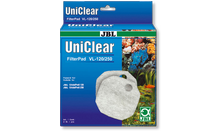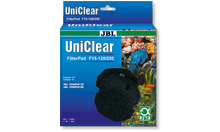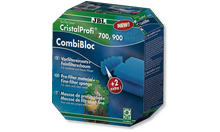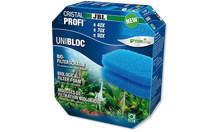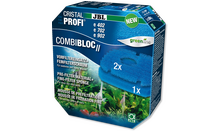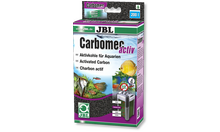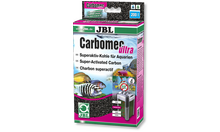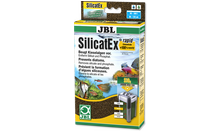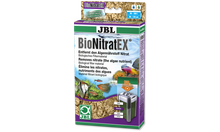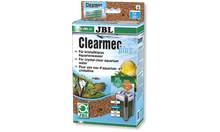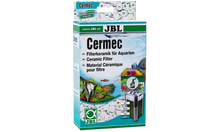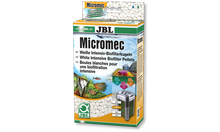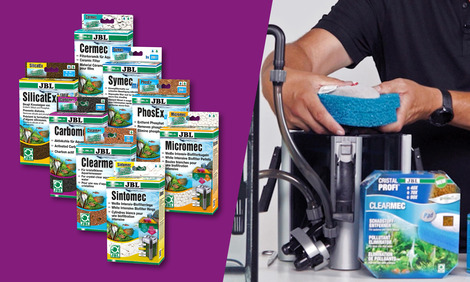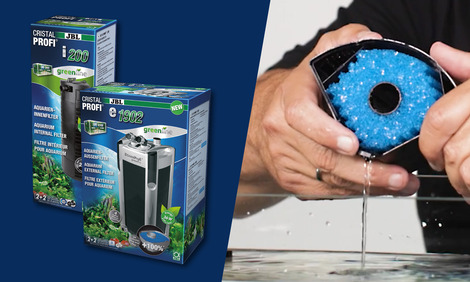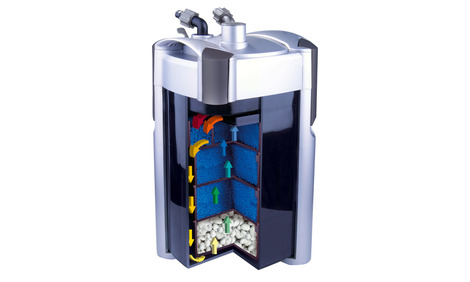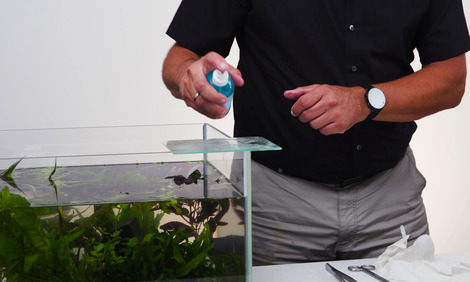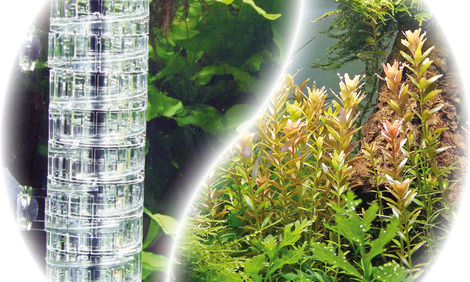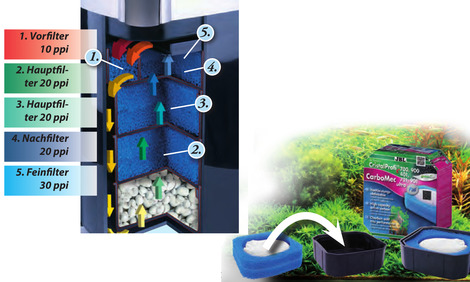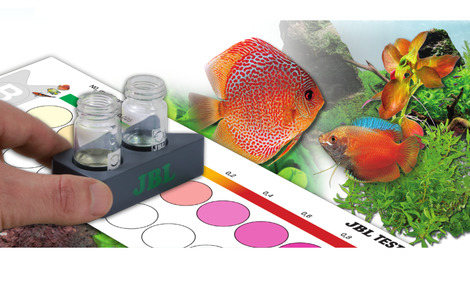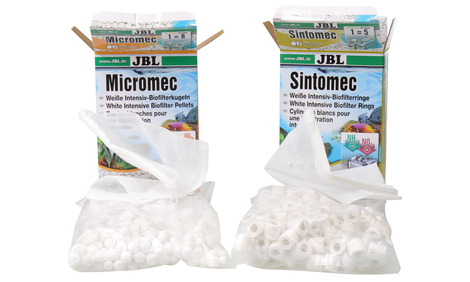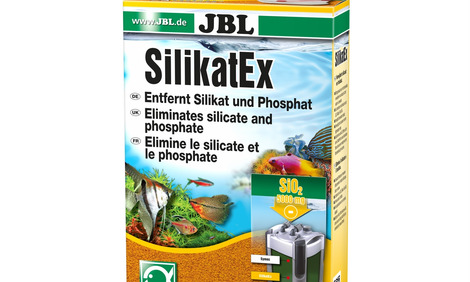The quality of the filter material essentially determines the effectiveness of an aquarium filter! Most aquarium filters are already equipped with sponges as filter material in advance. Sponges have a fairly large surface area, which over time will be colonised by beneficial bacteria for breaking down pollutants.
To increase the effectiveness of a filter, the sponges can be replaced with special sintered glass filter material (JBL SintoMec and JBL MicroMec). Sintered glass filter material has a surface area about 10 times greater than that of sponge material and thus provides even more space for bacteria to decompose harmful substances in the aquarium water. In the automotive sector we would compare it to tuning a car = more power!
What is sintered glass?
If you melt (sinter) very small glass balls, a massive lump of glass comes out. But if you mix the glass beads with salt beforehand, the resulting glass lump is permeated with salt. If it is then washed out, an infinite number of small channels are created in the glass. JBL sintered glass filter materials therefore contain a gigantic (inner) surface area which can be colonised by bacteria which in turn break down harmful substances.
Nitrate decomposition:
Nitrate is only decomposed by bacteria to nitrogen gas in the absence of oxygen and in the presence of carbon (C). This process (denitrification) can take place under ideal conditions inside the sintered glass filter materials JBL SintoMec and JBL MicroMec.
When to use JBL MicroMec and when to use JBL SintoMec? For smaller filter volumes, the smaller material JBL MicroMec is more suitable for reasons of space. For larger filters, also because of the greater water flow, a coarser material with holes such as JBL SintoMec is more suitable. The finer JBL MicroMec could clog up more quickly.
JBL Sintomec
Sintered bio-glass rings for the breakdown of pollutants
- Biological breakdown of pollutants in fresh and saltwater aquariums: sintered bio-glass rings for the use in aquariums
- Easy to use: insert bio-filter rings as second last filter stage.
- Intensive water clarifying thanks to biological filtering: microorganisms settle inside the filter material and break down pollutants
- Extremely effective: conical tunnel pores and 5 mm wall thickness create ideal surface of 1200 m²/l for beneficial microorganisms to settle
- Package contents: glass rings with 5 mm inner hole diameter, 450 g incl. net bag for filling














